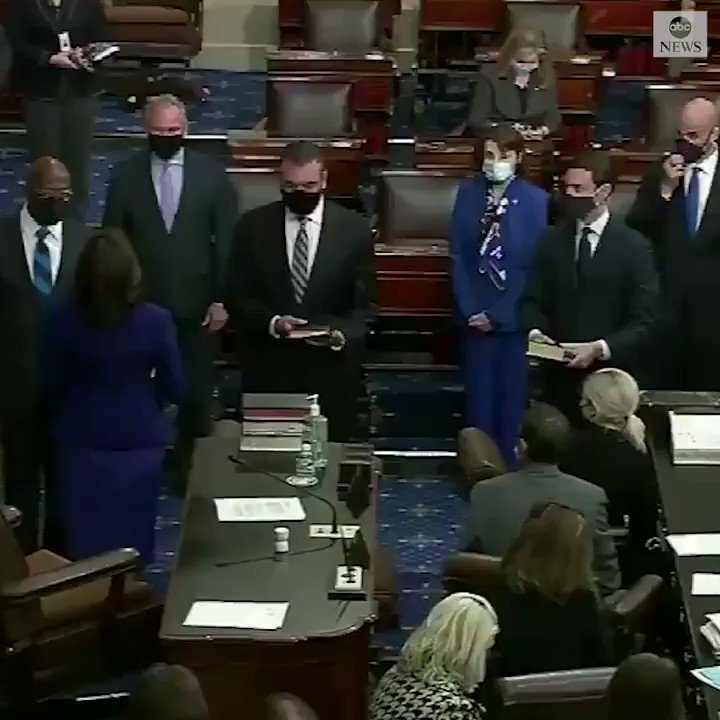

#Popkey not working series#
So it turned out to be really helpful that I had decided to construct a novel from what were essentially a series of short stories because then I also got the benefit of being able to bring these sections to workshop and get feedback from my fellow writers. It’s also true that I wrote the novel during an MFA program, and the workshop model-which most MFA programs, mine included, use-lends itself more naturally to short stories than to novels. Having a number of smaller arcs that could then be tied together seemed possible-if not, at several points during the writing, exactly probable. The idea of teasing out the arc of a plot over a couple hundred pages-that seemed too daunting to me. How did you settle on this structure for the book? Do you have a favorite chapter?įundamentally, the structure is a cheat. Each chapter is set in a different location and year. I hope the fact that she’s nameless gives the reader a bit more freedom as they form an impression of her-that the impression they form is based on what she thinks and likes and notices, rather than on the set of associations that may attach to a name. In the end, instead of changing her name, I decided to keep it a secret. I say in the text because she does have a name-only I tried it out on a few people and they all reacted negatively. That’s in part why my narrator is nameless in the text. I’m too aware that whatever name one chooses, at least one reader will have known someone with that name and that their feelings about that person may end up influencing how they view the character. I didn’t! Though I do have a hard time with naming. Did you always intend for the narrator to be unnamed? How does this choice impact the story you tell here? Although the reader knows she is a female and has a sense of her age, the novel’s narrator is never given a name.

As I wrote, I was thinking a lot about the kinds of cultural products I ingested as an adolescent and the kinds of messages-about relationships especially-that stuck in my head as a result. And that’s true-but underneath that is an interest in how desire forms, the kinds of wants mainstream culture cultivates.

About the novel: when I first started talking about it, I described it as a series of linked conversations about sex and power.
#Popkey not working iso#
You’re welcome! I do find it’s hard to write about myself without sounding like a personal ad: MWF ISO readers for her novel … A handful of facts: people I meet are surprised that I grew up in California I’ve moved at least two dozen times I speak Italian, though not as well as I used to I started running marathons this year the older I get the further left I move on the political spectrum. First of all, thank you for taking the time to answer a few questions for The Nerd Daily! Tell us a little bit about yourself and your debut novel, Topics of Conversation. Read on to learn more about the author, how she considers this novel to be in conversation with other works of art, and what she would love to do if she had all the time and money in the world. Popkey kindly took some time to answer a few questions for The Nerd Daily as she prepares for the release of this book in January 2020, which is available for purchase. They also explore how we interpret and internalize messages from the world around us, as well how these messages shape our own narratives, beliefs, and desires. These conversations, held primarily between women, examine sex and power, intimacy and control, in the context of relationships. Miranda Popkey’s Topics of Conversation is one debut you won’t want to miss in the new year! This novel follows the narrator across two decades through a series of interrelated conversations.


 0 kommentar(er)
0 kommentar(er)
